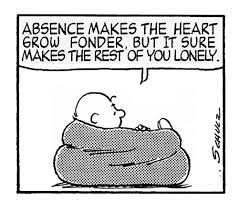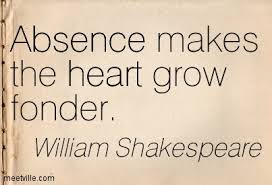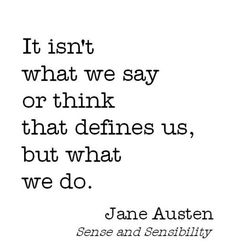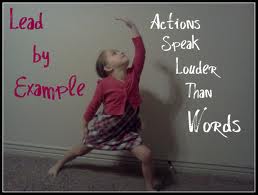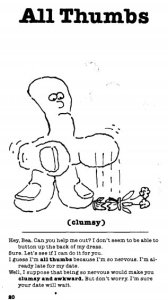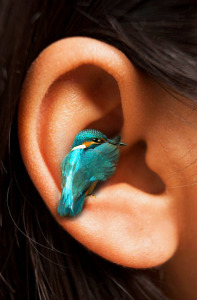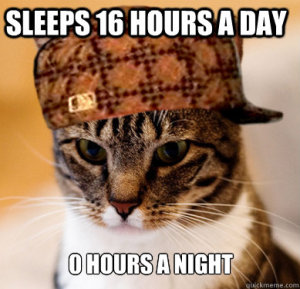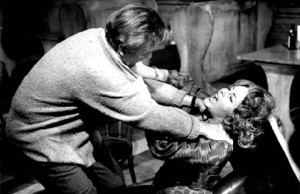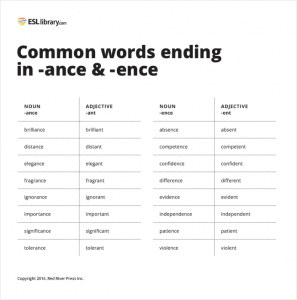Posts
https://skypenglish4u.com/wp-content/uploads/2014/12/greetings-1.jpg
1000
2000
Riham
http://skypenglish4u.com/wp-content/uploads/2016/10/SE4U2-2-4.jpg
Riham2014-12-09 12:04:242017-05-31 13:07:40Greetings
https://skypenglish4u.com/wp-content/uploads/2014/12/Screen-Shot-2014-11-18-at-8.04.59-PM-1.png
183
422
Jessica
http://skypenglish4u.com/wp-content/uploads/2016/10/SE4U2-2-4.jpg
Jessica2014-12-01 21:31:592014-12-01 21:31:59Do you know your colloquial pairs?
https://skypenglish4u.com/wp-content/uploads/2014/11/thanksgiving-1.jpg
1208
3000
Linda
http://skypenglish4u.com/wp-content/uploads/2016/10/SE4U2-2-4.jpg
Linda2014-11-25 09:27:482014-11-25 09:27:48Thanksgiving
https://skypenglish4u.com/wp-content/uploads/2014/11/pronouns-1.jpg
370
670
Riham
http://skypenglish4u.com/wp-content/uploads/2016/10/SE4U2-2-4.jpg
Riham2014-11-20 11:15:392014-11-20 11:15:39What are Pronouns?
https://skypenglish4u.com/wp-content/uploads/2015/02/good-vs-well1-1.jpg
450
962
Riham
http://skypenglish4u.com/wp-content/uploads/2016/10/SE4U2-2-4.jpg
Riham2014-11-17 21:42:302014-11-17 21:42:30Good / Well
https://skypenglish4u.com/wp-content/uploads/2014/11/Screen-Shot-2014-11-06-at-1.50.16-PM-1.png
189
493
Janet
http://skypenglish4u.com/wp-content/uploads/2016/10/SE4U2-2-4.jpg
Janet2014-11-06 14:21:362014-11-06 14:21:36AMERICAN IDIOMS STARTING WITH 'A'
http://skypenglish4u.com/wp-content/uploads/2016/10/SE4U2-2-4.jpg
0
0
Riham
http://skypenglish4u.com/wp-content/uploads/2016/10/SE4U2-2-4.jpg
Riham2014-11-03 17:41:212014-11-03 17:41:21Words ending in –ance and –ence
https://skypenglish4u.com/wp-content/uploads/2014/10/Screen-Shot-2014-10-28-at-4.45.09-PM-1.png
418
871
Linda
http://skypenglish4u.com/wp-content/uploads/2016/10/SE4U2-2-4.jpg
Linda2014-10-28 17:15:572014-10-28 17:15:57Halloween
https://skypenglish4u.com/wp-content/uploads/2014/10/Screen-Shot-2014-10-24-at-12.27.58-PM-1.png
164
524
Jessica
http://skypenglish4u.com/wp-content/uploads/2016/10/SE4U2-2-4.jpg
Jessica2014-10-24 12:01:072014-10-24 12:01:07AIM, TARGET, GOAL!
https://skypenglish4u.com/wp-content/uploads/2014/10/Screen-Shot-2014-10-24-at-8.34.43-AM-1.png
178
446
Riham
http://skypenglish4u.com/wp-content/uploads/2016/10/SE4U2-2-4.jpg
Riham2014-10-24 08:06:402018-02-13 16:20:40IDIOMS
Scroll to top
Hi, hello.

